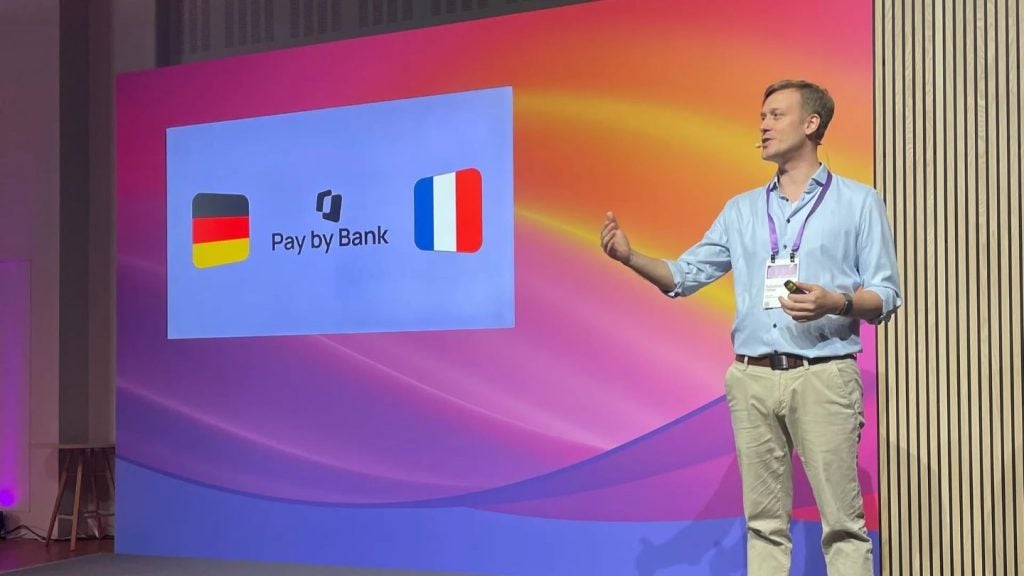The payments landscape is changing, and customers are demanding more. Fintechs, e-commerce companies, telcos and many others are becoming increasingly intertwined in the new financial ecosystem. To stay relevant and competitive traditional financial services institutions (FIs) need to invest in future ready payment technology that can open new revenue streams, increase profits and help them succeed in the forthcoming financial services land grab.
How new payment platforms can have a transformational effect on FIs
New methods of how we pay are being developed at the fastest rate in decades. The growth of innovation is being pushed by a variety of changes, including shifts to open API technology and a movement toward a cashless society which was accelerated due to the pandemic. More people manage their daily lives on their mobile, and there is a shift to making contactless payments with value beyond fiat.
The acceleration of payment types appearing means that to advance payment propositions, companies need to use platforms that are prepared to allow them to handle both current and future currencies and payment types.
However, whilst the payments industry has been evolving, the back-end infrastructure for many companies hasn’t. A recent IDC InfoBrief found that 73% of FIs globally currently have paytech infrastructures that are not equipped to handle payments for 2023 and beyond. As a result, an increasing volume of payments are being processed by non-traditional FIs, whether that’s payment service providers or digital banks. It’s estimated that by 2030, 74% of consumer payments will be handled by these types of organisations.
Many FIs are confronted with payment workflows and technology design obstacles within legacy platforms. These can usually only support traditional value definitions for asset classes, which limits their ability to adapt. This means new products will be based on legacy technology rather than consumer demand. This opens the door for other players to grow their market share at the expense of traditional FIs, where failing to adapt to future ready paytech will cost the FI industry US$250bn in payments revenue (IDC InfoBrief Report).
Mired on top of legacy tech-stacks that were built for requirements which may no longer be needed, adjusting to new market dynamics may be just out of reach for many FIs. Speed and agility are required to keep pace with this ever-evolving market.

US Tariffs are shifting - will you react or anticipate?
Don’t let policy changes catch you off guard. Stay proactive with real-time data and expert analysis.
By GlobalDataThe financial services land grab
We’ve seen more aggressive efforts by financial service providers and other players recently year to integrate their products and be at the centre of their customers’ financial lives. As a result, this has increasingly blurred the lines between providers and the services they offer – from traditional firms offering crypto products to telcos offering payment services. We are now witnessing a land grab for financial services. For FIs, the more products and services they can offer and integrate, the more they can cross sell and the more they can ‘own’ the customer.
Traditional FIs will continue to lose consumer payments market share and corresponding revenues until they have paytech infrastructure in place that can support new ways to pay. With the competition in payments increasing, there is a land grab taking place for the hearts, minds and wallets of consumers across the world. FIs need to be able to process payments based on consumers demand, whether that be fiat, crypto, gaming currencies, loyalty points and value denominations that don’t yet exist. This requires paytech infrastructure that’s fast to deploy, highly configurable and future ready.
John Mitchell is CEO and Co-Founder, Episode Six








